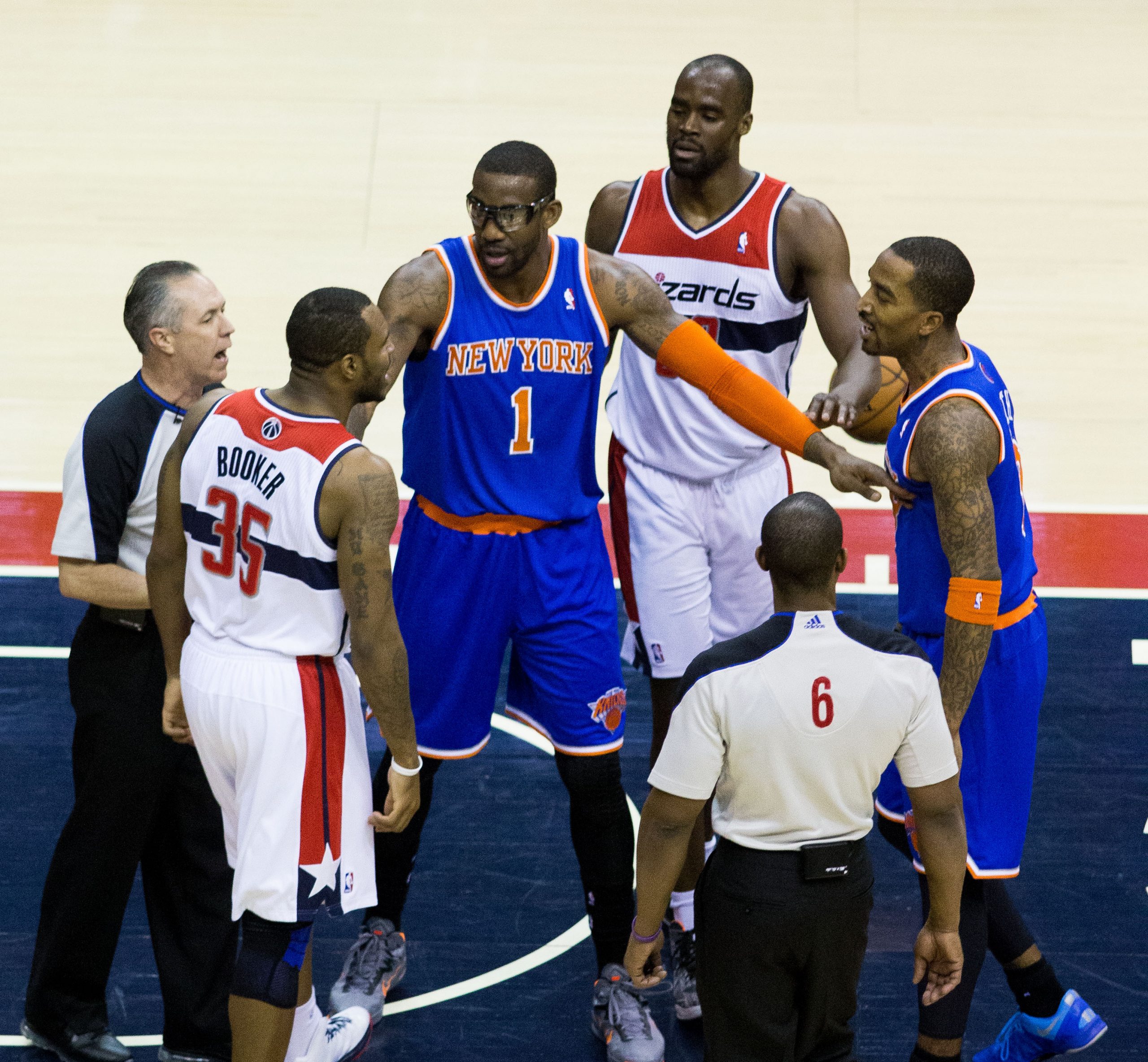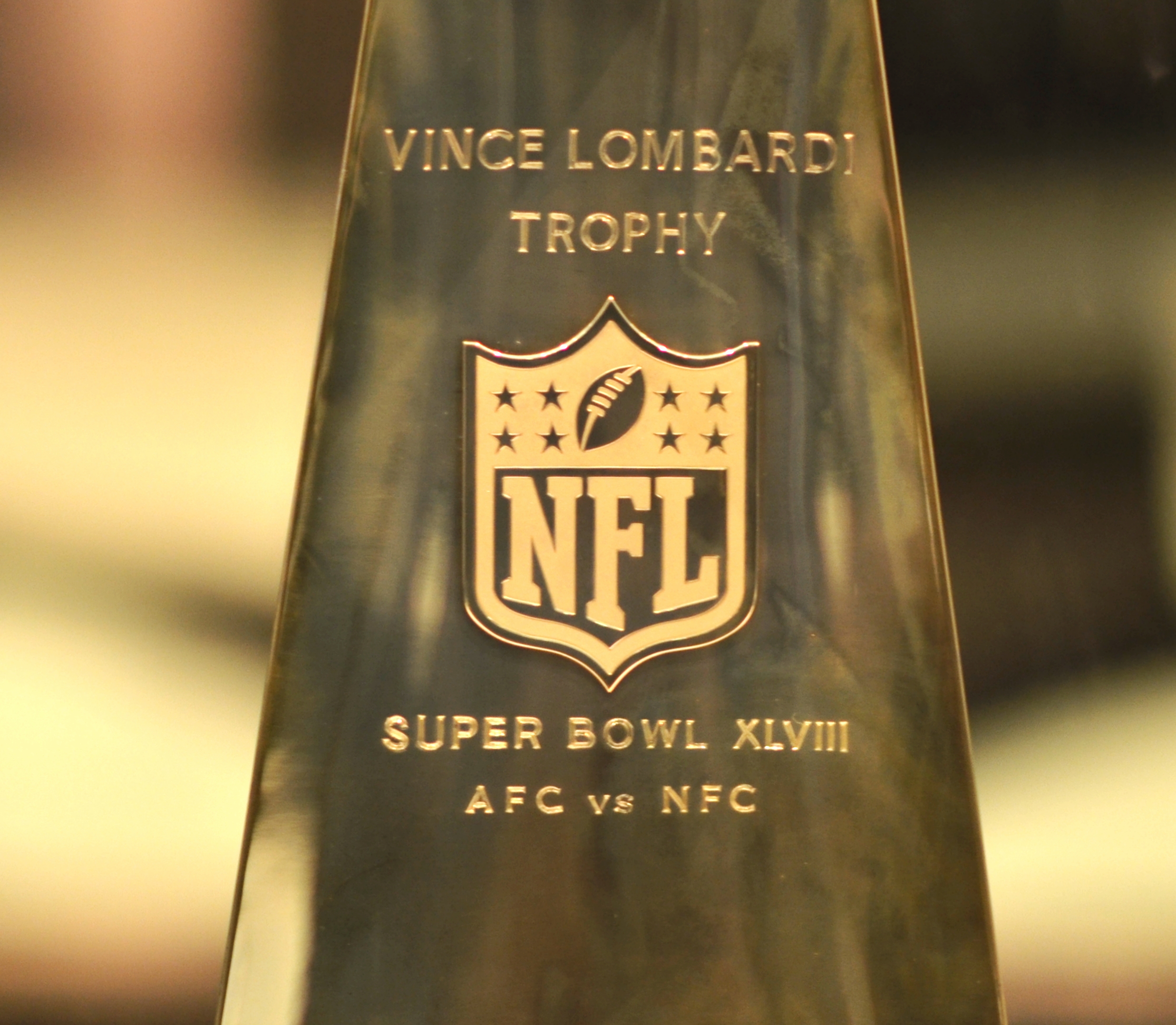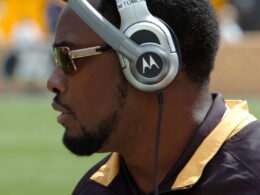Trash talking has been a component of sports for quite some time. It extends the natural competition of sports, but it’s worth asking if engaging in such a back and forth offers a competitive advantage or distracts participants from the task at hand.
In an experiment conducted by Georgetown University professor Jeremy Yip, 178 college students were invited to play an online game. Half of the participants were prepped with idle chit chat. The other half were riled up by comments like “Hey dummy, you’re going to lose, and you’re going to lose bad … end of story!!!!!!” All 178 people were informed that winning the game would net them $1.
Those who had to internalize some form of trash talk wound up performing significantly better in the game.
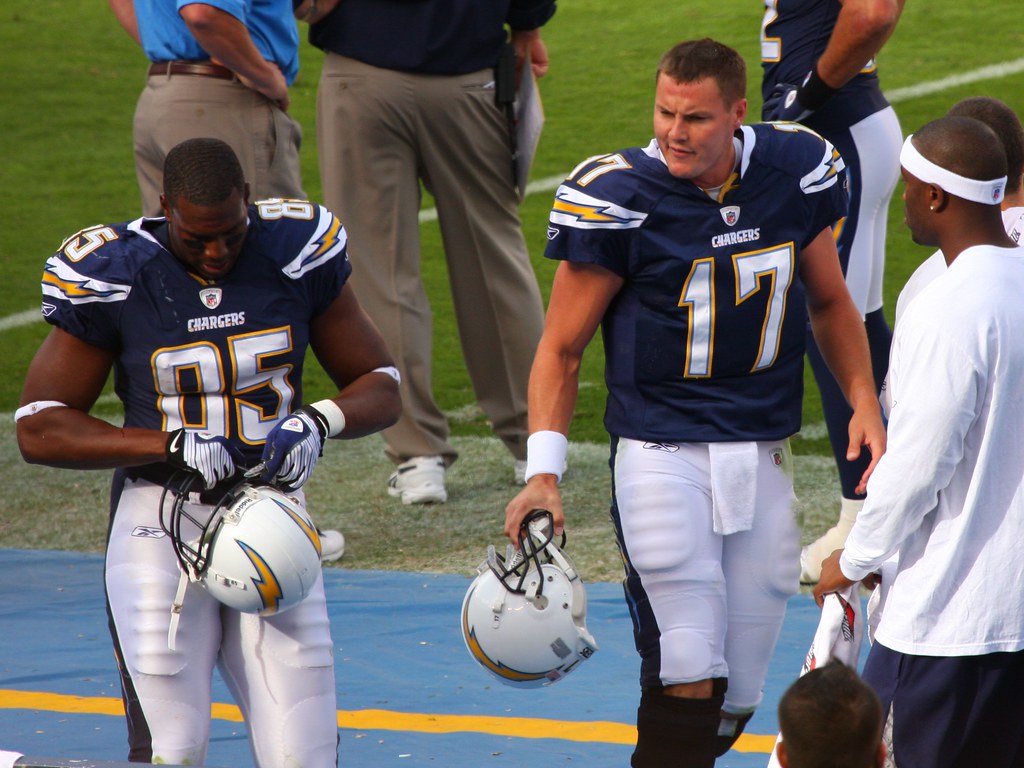
“That’s interesting,” Yip said. “Because though we tend to think of it as being a way of intimidating another person, and diminishing their performance, what we’re finding is that when you’re the recipient of trash talk, you become extra motivated to outperform your opponent.”
If insulting someone is a great way to get them to try harder and make your task more difficult, athletes thinking about tossing around some words might be better off focusing on the game itself.
Michael Jordan was a great example of how even the most seemingly insignificant comments can drive greatness. One such example came late in the 1992-93 season when the Bulls played the Washington Bullets. A relatively unheralded shooting guard named LaBradford Smith had the game of his life by shooting 15-of-20 from the field for 37 points. Jordan made only nine of his 27 field goal attempts.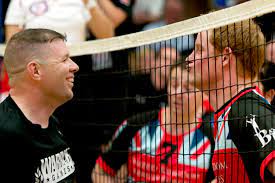
As Jordan told it, Smith went up to MJ after the game and said “Nice game, Mike.” Not a fan of empty compliments, Jordan told teammates “Tomorrow in the first half, I’m going to have what this kid had in the game,” when the two teams matched up again.
The next night, Jordan was close to his goal with 36 points in the first half, ultimately finishing the game with 47 while holding Smith to 15. The best part of the story? Smith’s postgame comment never happened. Years later, Jordan admitted that he made up the brief exchange to stoke his fire following Smith’s career-best performance.
“These little slights were deep indignations to him,” said author Mark Vancil, who is no stranger to the complexities of Jordan after writing several books on His Airness. “That’s all he needs. That’s like throwing meat to a tiger. He’d find a game within a game to keep him interested, but it was all in his mind.”
Receiving trash talk might improve one’s performance, but there are plenty of others who suffer because of it.
Another part of Yip’s study included testing the effectiveness of trash talk on the performance of creative tasks like playing games or problem solving. Those on the receiving end of trash talk in this scenario performed worse. Yip suggested that the increased cognitive demands of creative tasks already puts added stress on the brain and that trash talk prevents keeping one’s thoughts in line.
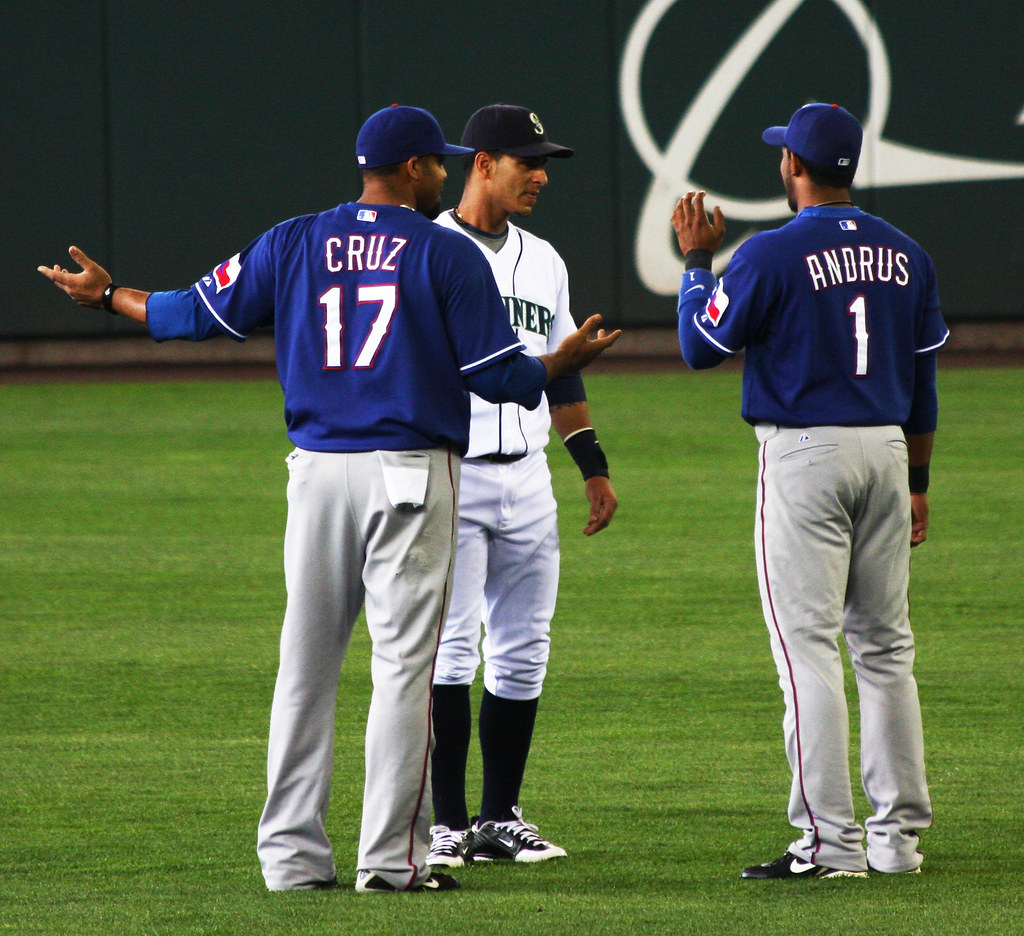 Initiating a back and forth isn’t just about getting your opponent off their game. It could be a great way to help elevate your own. If you’re bold enough to begin an unfriendly conversation with a competitor, you’re essentially raising the stakes of the game. Bragging rights are now on the line more than they were before. Pride and ego are suddenly vulnerable. And it’s only natural to increase your effort level when you now have more to lose.
Initiating a back and forth isn’t just about getting your opponent off their game. It could be a great way to help elevate your own. If you’re bold enough to begin an unfriendly conversation with a competitor, you’re essentially raising the stakes of the game. Bragging rights are now on the line more than they were before. Pride and ego are suddenly vulnerable. And it’s only natural to increase your effort level when you now have more to lose.
But in the heat of the moment, it’s important to take stock in the effectiveness of your trash talk. Some athletes like Tim Duncan are expressionless for most of the game. Trying to get inside their head is simply wasted energy that could be better served elsewhere.
“I started talking to Tim, and he kind of just stared at me,” Draymond Green said of one of his earliest experiences trying to trash talk the Spurs legend. “I just kept talking junk to him and he kept staring at me. At that point I realized during the rest of my career that I might as well not talk to him.”
So, if you’re going to talk trash, you better make sure it lands an impact. If it does, you also have to brace for a verbal assault coming back at you as well. Without those two components, your trash talk just turns into distracting white noise that can ultimately do more harm than good.
Photo Credit: Google Creative Common Licenses





